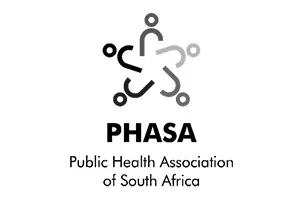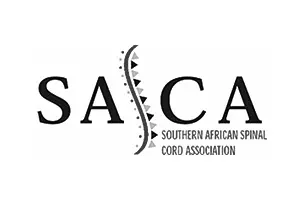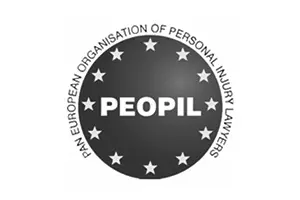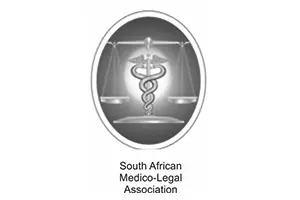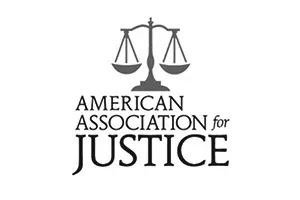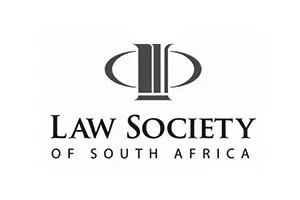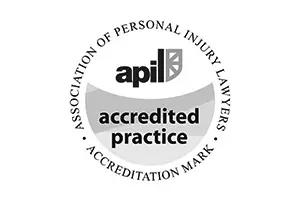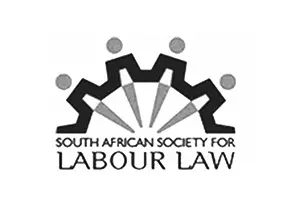
When is employee medical information protected or not?
WHEN IS CONFIDENTIAL INFORMATION PROTECTED AND WHEN WOULD A BREACH GIVE RISE TO A CLAIM FOR DAMAGES?
In a recently reported judgement of the Johannesburg High court, an employee of a large banking organisation alleged an unlawful disclosure by it of medical information and sued his employer for damages.
The claim was made on three separate grounds.
The first being a constitutional claim for damages based on Section 14 of the Constitution stating that everyone has a right to privacy and that when this constitutional right is breached an individual may approach the courts and seek payment of damages.
The court found that the information which was disclosed was private and confidential but stated that common law remedies existed such as a claim for actio iniuriarum (discussed below). This provides adequate and appropriate remedy for a breach of the constitution. This leg of the claim was rejected by the court.
The second leg of the claim was based on a breach of Section 14 of the National Health Act, which provides that all information relating to a person’s health status and treatment or stay at a health establishment is confidential and should not be disclosed unless:
- There is a written consent to such disclosure;
- An order of court exists which requires such disclosure; and
- The non-disclosure of the information represents a serious threat to public health.
In addition, the National Health Act provides that the health records and any personal information may be disclosed if necessary, for legitimate purposes and within the ordinary course and scope of duties.
The court stated that interpreting the above provision in the legislation to be applicable only to health workers and health care providers would lead to an absurdity which could not have been intended by the legislator. In other words, where the information would be disclosed by a medical aid or such other user of medical information this too should fall under the full protection of the legislation in terms of this provision.
In this instance, the confidential information which was disclosed was disclosed by the medical aid to the employer being a large banking institution. The court found that the Plaintiff had himself previously disclosed this information to his employer, and as such could not assert the confidentiality of the documentation.
The final string in the plaintiff’s bow was a claim in common law known as Crimen Injuria.
To be successful in this claim, the Plaintiff had to establish the following:
- Wrongfulness;
- That there was an intention by the employer, the banking institution to injure him; and
- That there was an impairment of his privacy.
In considering whether the Plaintiff would be successful in this claim, the court analysed the evidence and facts of this particular case. It found that the Plaintiff disclosed his medical condition to colleagues and his seniors during the time of his employment.
He did this both in conversation and also when submitting the various medical and hospital certificates for what proved to be extensive absenteeism from work.
The employer further referred to the contract of employment which the Plaintiff had signed which makes it mandatory for him to join the employer’s medical aid scheme.
What was the disclosure which was made and which was the subject matter of this case?
The disclosure in this instance was a letter addressed by the medical scheme to the employer, advising the employer that the employee was to be admitted to hospital for surgery.
In future, in assessing such claims, the nature and extent of a disclosure would need to be carefully considered.
Consent was obviously critical in this matter. The plaintiff had himself both in writing in his contract of employment but also, as recorded in the Judgement in much detail, repeatedly in conversation directly with the employer, the party to whom the disclosure is alleged to have been unlawfully made, disclosed his medical condition and treatment. As such the court dismissed the claim of R500 000.00 which had been brought by the plaintiff.
The current position on objections to the con/arb process
Con/arb process - The Commission for Conciliation, Mediation[...]
Out of time? Think again – The CCMA and its rules
By Lara Keil (Candidate Legal Practitioner) under the[...]
RAF’s lodgement requirements: Claimants further prejudiced
By Lara Keil (Candidate Legal Practitioner) under[...]








